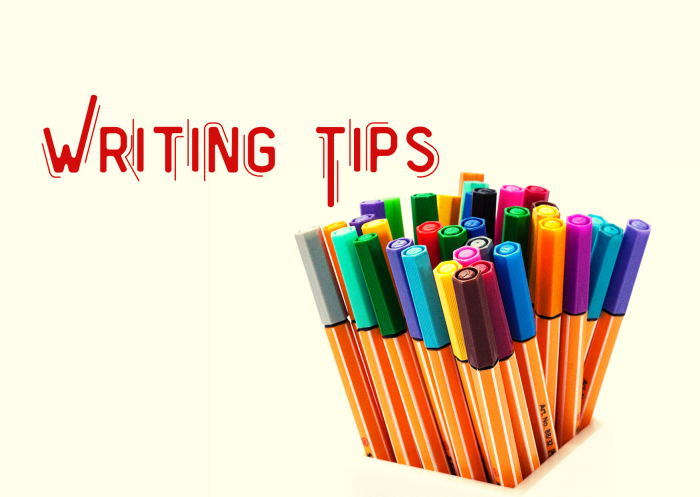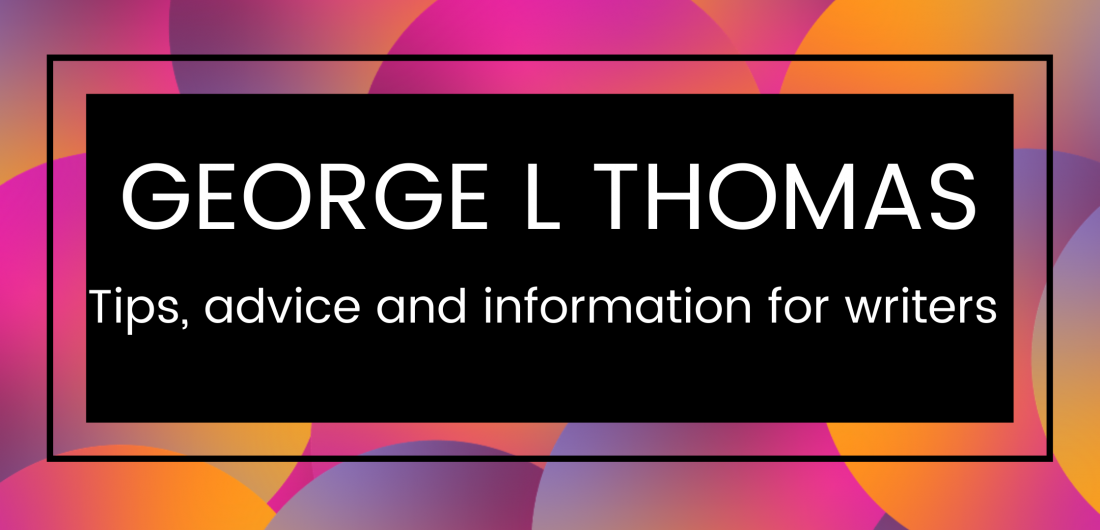
Writing can be hard work, especially if you’re a beginner, so I thought I would share some of the tips that I have picked up from various places over the years in my attempts to hone my skill.
So here goes:
Write As Though Nobody Will Ever Read Your Work
If you write as though nobody will ever read your work, then you’re sure to be a lot more open and honest with whatever it is you’re writing about, and you’ll no doubt feel less awkward about describing deeply emotional and personal subjects.
Try To Write A First Draft In One Sitting
Getting a first draft down in one sitting can seem a daunting task, but it can be done. Even if you need to miss out large chunks of plot, just aim for the end. At least you’ll have your basic story completed and a guide to reference when you come to write your second draft.
First Drafts Are Supposed To Be Rubbish
Everybody writes a crappy first draft. The point of the first draft is to get everything – the whole story (or as near enough to it) out on the page. Second and third drafts are for making things perfect. Of course, you can write as many drafts as you need to create your art.
Write Every Day
Writing every day helps you to form a writing habit. This is useful because the more you write, the better the writer you will become. It will also help you to get into a routine so that you can be more productive.
Create Deadlines
Creating a deadline for yourself is another way to ensure productivity. You should start small, setting a certain amount of words or even pages to be completed by a set time. This gives you something manageable to work towards, and you can always set larger goals as you become used to working within deadlines.
Write The Ending First
The ending, at least for some, is always the hardest part of the story to write. Getting it out of the way first can help you to see what needs to happen in the rest of the story in order to get to the end point. It’s always better to know where you’re going and to have something to work towards.
Write The First Draft Without Editing
Try not to edit your work until you have completed your first draft. This will speed up your writing and help you to accomplish more. It can be hard to stick to because if something just doesn’t sound right, you might be tempted to play around with it until it does, which takes up valuable time.
Thank you for spending your valuable time here with me, I appreciate it. Look out for more tips in ‘More Writing Tips‘ or find the rest of my Writing Tips series here.
Until next time,
George
© 2017 GLT
Categories: Writing Tips

Some great tips! Thank you for sharing. 🙂
LikeLike
Thank you very much and you’re very welcome 😀
LikeLiked by 1 person
As someone currently working on a first draft of a novel, these tips were very helpful! Thank you for sharing 😀
LikeLiked by 1 person
You’re very welcome 😄
LikeLiked by 1 person
When I’m writing I always judge something before I have even finished the sentence. Thanks for reminding me that first drafts are supposed to be rubbish! 🙂
LikeLiked by 1 person
Absolutely! It’s all about getting it all out of your head and on to the page and worrying about fixing things later. 😀
LikeLiked by 1 person
Great tips! Thanks very much for sharing. When does your short story come out? A friend and I are doing the same to raise money for a local charity. Any tips?
My attention span is pretty poor so I can find it hard to finish a first draft in one sitting. I blame the weed. But it gives me ideas, so swings and roundabouts.
I’ve never wrote the ending first, though I kind of know where the story’s going. One for me to try out, I think!
LikeLike
Thank You, I appreciate the insight. Should there a length on a a first draft or does it depends on my judgement?
LikeLiked by 1 person
You’re very welcome! I would suggest that you just use your judgement on the length of your first draft. Just write until you think it’s finished, then you can edit for length later 😊
LikeLike
Great writing tips! Something I struggle with getting my students to do is to wait until after they’ve finished their first draft to start editing.
So many of them edit as they write and end up with very little on the page. Do you have any ideas on how to get them out of that “edit as you go” rabbit hole?
LikeLiked by 1 person
It’s an awful thing, this need we have to be perfect. The only thing that helps me is keeping a separate notepad to hand so that I can make a note of things to change as I go. It allows you to let go a little more, and be creatively freer during the first draft.
LikeLike
Some good tips. I only blog, but don’t usually have issues writing for that. Although when there’s research involved that drags it out, whereas I’d like to just write in one go
LikeLiked by 1 person
Yeah, research can be time-consuming. The best posts are the ones that just come straight from your fingertips. 🙂
LikeLike